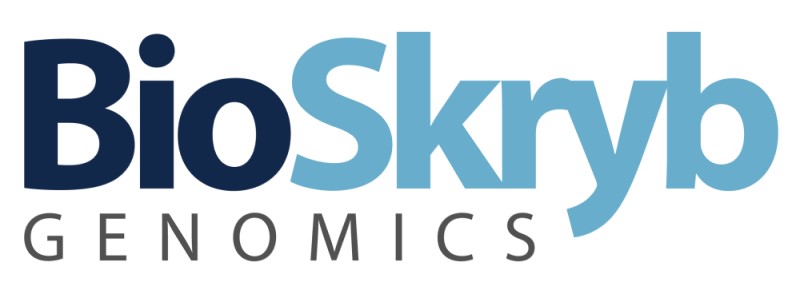Over the past decade, whole genome sequencing of populations has afforded unique insights into genetic variation at the tissue level of individuals, illuminating the underpinnings of both traits and diseases. However, it is now understood that all cells within tissues acquire tens to hundreds of somatic mutations during development and continue to accumulate mutations throughout a lifespan due to copying errors during ongoing cell divisions as well as exposures to environmental mutagens. In this webinar, the featured speaker will present primary template-directed amplification (PTA), a novel whole genome amplification method that enables the sequencing of over 95 percent of a single cell’s genome with unparalleled uniformity, accuracy and precision.
Leveraging PTA, the speaker will illustrate the capacity to identify potential pathological mutations in preimplantation embryos, developmental anomalies like cortical dysplasia, non-malignant diseases that can develop later in life such as vascular malformations and rare drug-resistant leukemia cells. Furthermore, they showcase how PTA can generate high-quality assemblies from individual unculturable microbes.
Lastly, the webinar will describe methods for integrating PTA with whole transcriptome sequencing from the same cells, thus enabling the placement of these somatic mutations within the context of specific cell types and states. The primary template-directed amplification represents a novel whole genome amplification method that is enhancing the capacity to study intra-tissue genetic diversity and evolution, including the contributions of those somatic mutations to human diseases.
Join this webinar to learn about a groundbreaking method of whole genome amplification. Learn how primary template-directed amplification enables high-precision sequencing of individual cell genomes, uncovering genetic variation, somatic mutations and their impact on disease development.
Speaker

Dr. Charles Gawad, MD, PhD, Associate Professor, Stanford University
Dr. Charles Gawad is a co-Founder of BioSkryb Genomics, Chan Zuckerberg Biohub Investigator, as well as an Associate Professor of Pediatrics at Stanford University where he has an active research lab and is a practicing pediatric oncologist. He was previously at St. Jude Children’s Research Hospital where they invented primary template-directed amplification (PTA) technology that was licensed to BioSkryb. Dr. Gawad received his medical degree from the University of Arizona and a PhD in cancer biology from Stanford. Among a number of honors, he is a recipient of a Career Award for Medical Scientists from the Burroughs Wellcome Fund, as well as an NIH Director’s New Innovator Award.
Who Should Attend?
This webinar is intended for academic and industry researchers interested in learning how comprehensive and precise single-cell whole genome amplification can enable discovery in their research programs
What You Will Learn
Attendees will leave with the following key takeaways:
- Primary template-directed amplification enables comprehensive and precise single-cell whole genome sequencing
- Single-cell whole genome sequencing can reveal the contributions of somatic mutations to human diseases
Xtalks Partner
BioSkryb Genomics
BioSkryb Genomics is a rapidly growing organization that is transforming single cell molecular discovery and analysis. Through its single cell whole genome and whole transcriptome amplification tools, scientists and clinicians can gain an unprecedented view of the genome, transcriptome, and proteome within a single cell to better understand the drivers, mechanisms, and management of complex disease.
You Must Login To Register for this Free Webinar
Already have an account? LOGIN HERE. If you don’t have an account you need to create a free account.
Create Account

